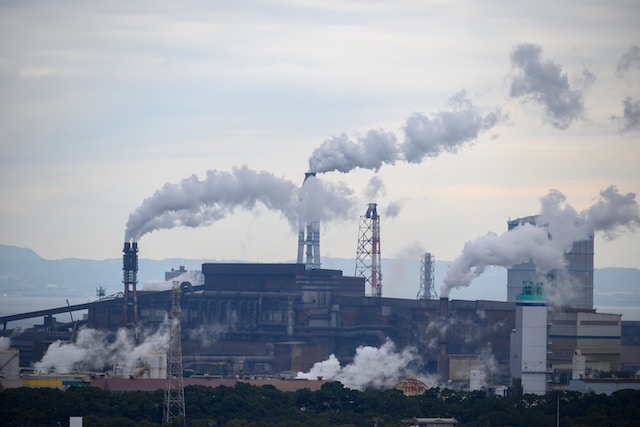Carbon dioxide (CO2) is a major heat-trapping (greenhouse) gas caused by the burning of fossil fuels. It is the largest contributor to climate change.
Today, scientists around the globe are working towards developing systems that can help in monitoring and slowing down the rate of climate change if not stopping it completely. Even European Space Agency (ESA) plans to build a constellation of satellites. It will measure greenhouse gas emissions from space. This will help keep the world on track to meet climate change mitigation targets.
Now, a team of researchers led by an Oregon State University researcher are trying to convert CO2 from threat to asset by producing cyclic carbonates while scrubbing CO2 from factory flue gases. The cyclic carbonates then can be converted into commercially valuable products.
The team’s creation can catalyze the production of cyclic carbonates
Cyclic carbonates are compounds with great industrial interest and could also be highly beneficial for green-economy initiatives.
Products derived from this compound are widely used as chemical intermediates in the preparation of medicines in the pharmaceutical business.
Cyclic carbonates have also found extensive use as electrolytes in lithium batteries, excellent aprotic polar solvents, monomers in the production of polycarbonates, or agricultural chemicals and other applications like making eyeglass lenses and digital discs as well.







